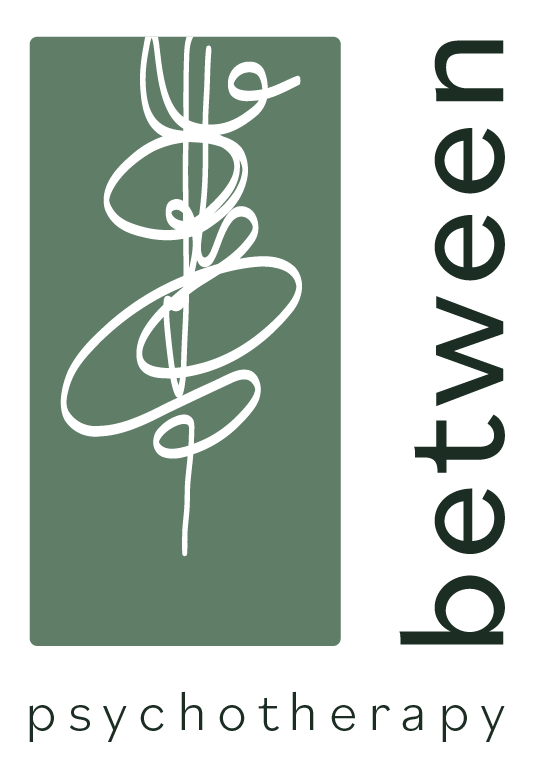AEDP
In our work with individual clients, we utilize a model called AEDP (Accelerated Experiential Dynamic Psychotherapy).
It’s a mouthful, but what it really means is that we provide therapy that uses the “here and now” in the therapy room (experiential), to track our client’s inner experience (emotions, somatic experiences), with a heavy emphasis on being “with” our clients as they allow us into their emotional experience, past sufferings, and joyful new experiences. We believe that “undoing” the terrible aloneness of hard emotions and difficult situations creates lasting change.
In sessions, you will notice that we care as much about what’s happening inside of you as much as we care about what you’re saying.
We will often slow you down, ask you to linger in an emerging emotion, and stop you from talking “over” your emotions. We want to relationally and emotionally join you in these emotional places, because we know that change happens here. We highly value change, and are always tracking and expanding new emotional experiences that come from being cared for and “held” in difficulty. The work is hard, but it is also safe, and you should feel openness, curiosity, and care radiating from your therapist. Like anything that brings lasting change, It should feel good, but hard.
It might still sound a little strange, and we definitely understand that. Since we are trying to create something new, we are creating something between the client and therapist that the client might not have experienced before. And often it’s hard to understand something new until you’ve experienced it.
To learn more, we recommend reading Hillary Jacob Hendel’s book, “It’s Not Always Depression.” Hendel wrote her book for the client, not the therapist, and we feel like her book is a must read for every human. You can also visit her website hillaryjacobshendel.com, which contains a wealth of information, and even courses you can take.
One article we particularly like describes the difference between conventional talk therapy and experiential psychotherapy. Read the article here.

